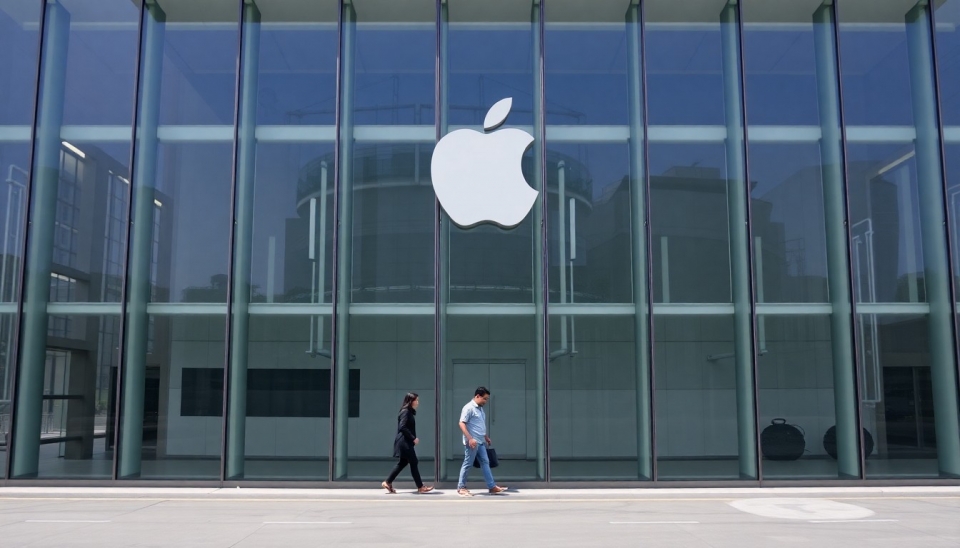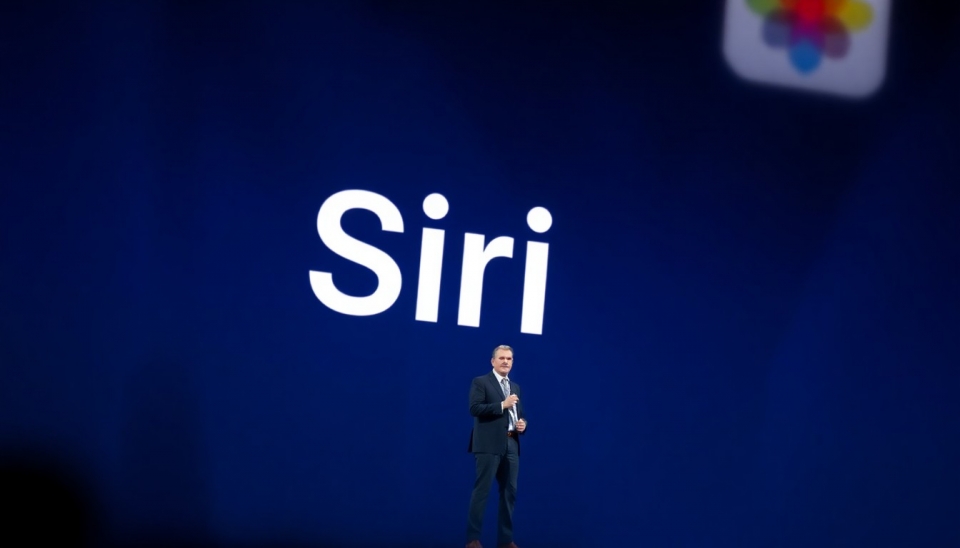
In a surprising development for the tech industry, an executive from Apple Inc. has prematurely departed from Indonesia, fueled by complications arising from a contentious deal related to the prohibition of iPhone sales in the region. This move has sent ripples through the market and raised numerous questions about Apple's strategy in the Southeast Asian nation.
The executive, who previously held a pivotal role in Apple’s operations and strategy in Indonesia, left the company amid ongoing negotiations that have been hindered by regulatory obstacles. The Indonesian government’s regulatory framework, particularly its restrictions on imported goods, has made it increasingly challenging for foreign technology companies to navigate the market effectively.
Apple had ventured into Indonesia with high hopes, recognizing the country's vast potential as a burgeoning market for smartphones. However, the road has been bumpy; the government's licensing and import restrictions have prompted delays in the rollout of new iPhone models. These regulatory hurdles are part of a broader effort by the Indonesian government to bolster local production and discourage reliance on imports, which has left Apple at a crossroads.
Insiders have indicated that the executive's departure was influenced not only by the frustrations tied to the current deal but also by the lack of clarity surrounding Apple's future commitments and strategies in Indonesia. As the company seeks to enhance its market presence, it has faced significant challenges in aligning with local regulations while attempting to maintain its brand image and product availability.
This development is crucial for investors and analysts watching the Southeast Asian market closely. Apple’s maneuvering in Indonesia could set a precedent for how tech giants navigate regulatory challenges in emerging markets, where the stakes are high and the competition is fierce. As the company reevaluates its approach, stakeholders will be keenly observing any shifts in strategy that may arise from this executive transition.
As Apple continues to grapple with political and economic pressures in Indonesia, the tech giant must recalibrate its strategies to ensure compliance while endeavoring to retain its competitive edge. With rising local competitors eager to capture market share, the stakes could not be higher for Apple’s ambitions in this vibrant and diverse market.
Moving forward, it remains unclear who will fill the executive position left vacant by this departure, and what specific strategies Apple will adopt in light of the evolving regulatory landscape. Stakeholders remain hopeful that Apple will find a way to successfully navigate these challenges, as the Indonesian market remains a critical component of the company’s long-term growth plans in Asia.
As the situation unfolds, the global tech community watches closely, anticipating how these dynamic developments in Indonesia may influence Apple’s broader strategy in emerging markets.
#Apple #Indonesia #iPhone #TechNews #MarketStrategy #RegulatoryChallenges #EmergingMarkets
Author: Liam Carter




